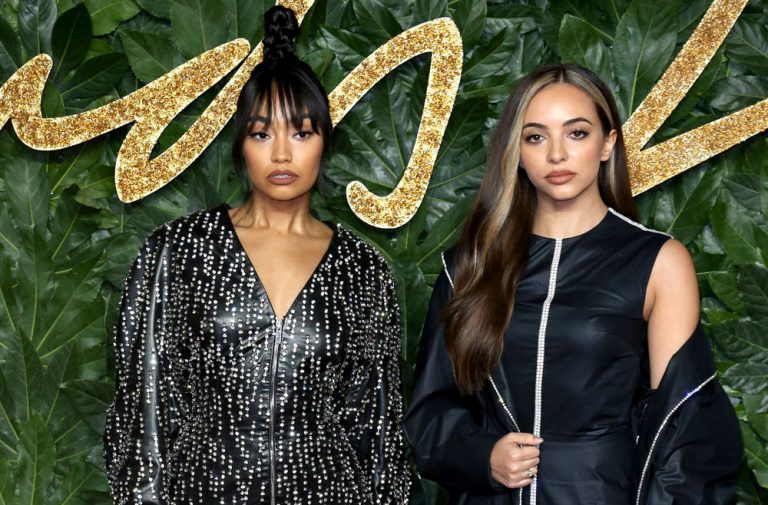Microsoft AI editor confuses mixed-race Little Mix singers

Just like any other industry, the world of journalism has been disrupted by technology, and with that came the introduction of AI journalism. Implementing an automated software that would keep up with the speed of information and bash out news articles has many positives for companies like Microsoft, who, just last month, decided to lay off dozens of its human journalists at MSN.
But the company’s plan seems to have backfired when its AI editor illustrated a recent story about racism with a photo of the wrong mixed-race member of the British girl band Little Mix. We’ve said it before, AI journalism is here to stay but does that also mean AI journalism will unknowingly further systemic racism?
Shortly after the Guardian revealed Microsoft’s plans to fire the human editors who run MSN’s news website and replace them with the company’s artificial intelligence code, the early rollout of the software proved itself to be a failure. MSN’s story about one of Little Mix’s singer Jade Thirlwall and her personal reflections on racism ended up being illustrated with a picture of her fellow band member Leigh-Anne Pinnock.
Thirlwall responded to the mistake by criticising MSN on Friday and saying she was sick of “ignorant” media making such mistakes. She also posted on her Instagram Story: “@MSN If you’re going to copy and paste articles from other accurate media outlets, you might want to make sure you’re using an image of the correct mixed race member of the group.”
“This shit happens to @leighannepinnock and I ALL THE TIME that it’s become a running joke. It offends me that you couldn’t differentiate the two women of colour out of four members of a group […] It’s lazy journalism […] DO BETTER!” Thirlwall added, not knowing that the image was in fact selected by Microsoft’s artificial intelligence software.
It should be noted that Microsoft’s AI editor does not write original content but instead picks pieces from trusted news sources and republishes them along selected images, which is how the AI ended up confusing the two singers. But how come Microsoft’s software cannot tell mixed-race individuals apart? Is the AI built to be racist?
Speaking to the Guardian, a spokesman for the company said: “As soon as we became aware of this issue, we immediately took action to resolve it and have replaced the incorrect image,” clearly avoiding addressing the possibility of having implemented a racist automated editor. Although it still isn’t clear exactly what caused this error, Microsoft denied it to be a result of algorithmic bias.
With the current protests against systemic racism taking place all around the world, now is not the time for Microsoft to make a mistake during the test run of its new software—not now, not ever. MSN’s AI editor still has to be overlooked by some human editors. This type of mistake is exactly what editors should have spotted.
This ‘mistake’ made by MSN speaks volumes of the media’s problem with systemic racism. Let us not forget when the BBC used some footage of basketball player LeBron James to illustrate news of the death of Kobe Bryant. Before we start pointing the finger at artificial intelligence, it is time for us to look at the bigger picture and admit that the media plays an important part in systemic racism.





